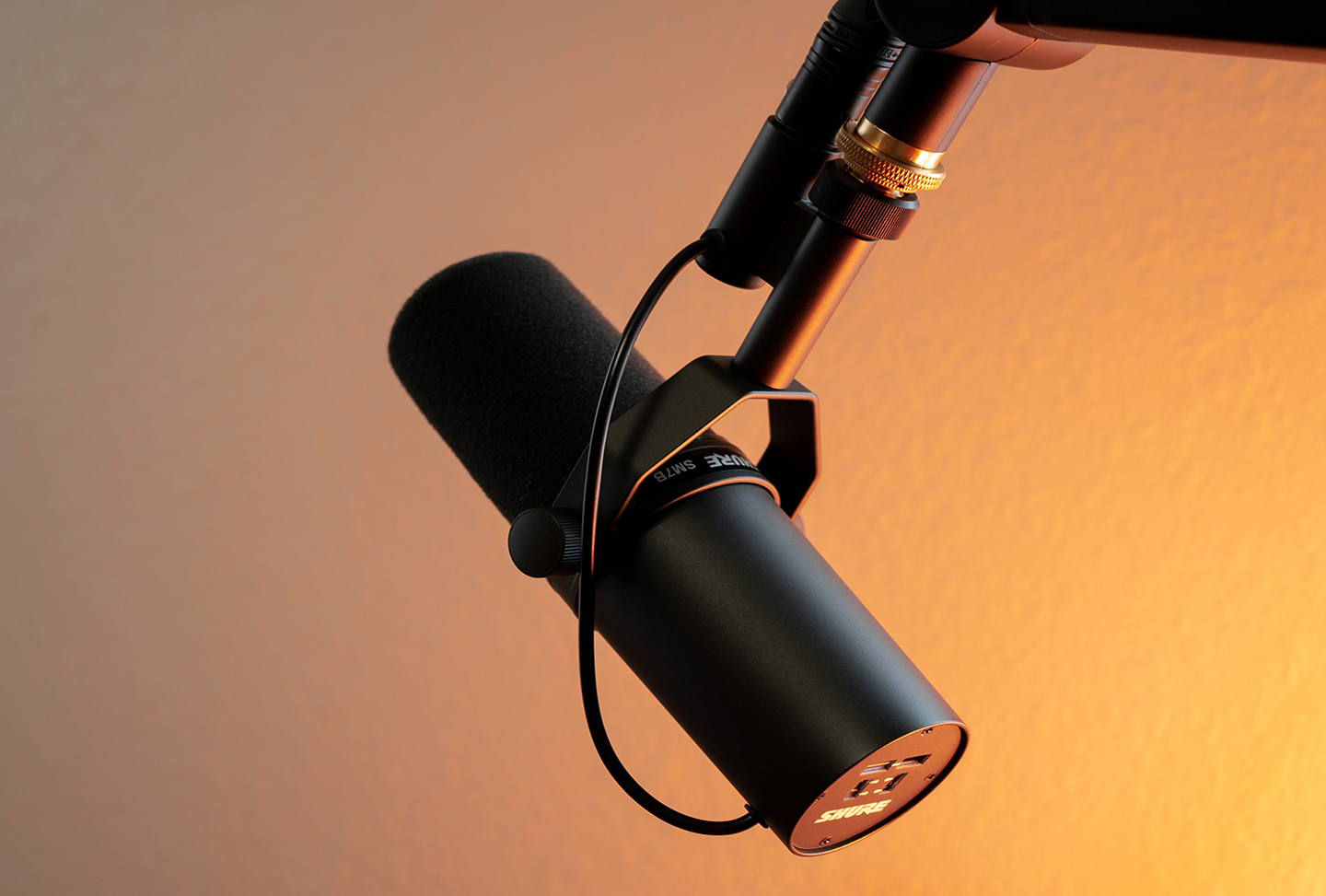Limitless possibilities in spectacular destinations, Balance Holidays' exceptionally curated wellbeing travel experiences bring individuals on multi-sensory journeys that enrich and awaken the heart, body and mind..


We’ve all been there. You get into bed after a long day, looking forward to the night’s sleep and feeling refreshed in the morning. Maybe you have a big interview or an important day at work ahead? Suddenly your brain fills with anything and everything that acts a hurdle to your slumber, and it can take you hours to finally drift off. Perhaps that is not the worst of it, and you have insomnia? Are you waking in the middle of the night never to return to sleep? According to the National Sleep Foundation, one-quarter of the population have trouble sleeping, and six to ten per cent suffer from an insomnia disorder. Moreover, the same article suggests that there is little research to support over the counter and prescription drugs commonly used as a treatment for sleep disorders. With this in mind, some medical professionals and organisations are turning to alternative remedies, including cognitive behavioural therapy, to help encourage sleep.

The nature of mindfulness is to be able to focus on being fully present in the moment. A racing mind, and the inability to ‘switch off’, is often a contributor to sleep troubles. It can be assumed that practising mindfulness can help some to drift off. Furthermore, mindfulness can help users to relax, another essential component for allowing sleep. A study published by Harvard Medical School backs this up. Participants were made up of middle-aged adults who reported difficulty sleeping. They were split into two, with one group completing a mindfulness awareness programme, and the other asleep habit education class. After six weeks, researchers discovered the group who studied mindfulness, reported less fatigue, insomnia and depression.
The most recent years have seen podcasts grow substantially in popularity, and you can now find audio series for anything from insects to outer space. Podcasts can aid those who are becoming wary of sleep in a variety of ways. Many podcasts use guided mindfulness and meditation to encourage users to unplug and fall asleep. The following includes some of the top-rated shows, as well as some other sleep-related podcasts that may aid and inform those struggling to sleep.

Created by the Rubin Museum of Art, this weekly podcast aims to relax listeners, with a calming introductory talk followed by tranquil meditation.
ASMR stands for autonomous sensory meridian response and, after the term was coined in 2010, saw a rapid rise in popularity. The idea is to create a tingling sensation that often spreads from the head and across the body; this sensation can often have a sedative effect. Sometimes referred to as a ‘brain massage’, these types of podcast often use a wide variety of relaxing sounds as a stimulus for sleep. This podcast, in particular, features sounds drawn from nature. Each episode is around 30 minutes, and you can choose from campfire to beach and jungle sounds to help you drift away.

Hosted by Dr Moira Junge, who is a health phycologist, and Dr David Cunnington, who is a physician of sleep, the monthly episodes are well researched and informative. The podcast does not encourage mindfulness in the form of meditation; however, educates listeners on kinds of sleep disorders and typical sleep troubles. Here you can find out about insomnia, sleeping pills, and how consuming alcohol all affect your sleep.
Having guidance in meditation is extremely useful for some people, and the episodes in this podcast take the listeners on a tranquil and relaxing journey.
A yoga meditation retreat with Balance Holidays aims to equip you with the tools to bring your experiences home and use them in daily life. Furthermore, our journal features pages on travel, the environment, yoga and mindfulness. If you have enjoyed this entry and want to know more about podcasts, take a look at Can Podcasts Help to Manage Stress?
Sign up to our newsletter for exclusive retreat launches, priority access to events and curated wellbeing content